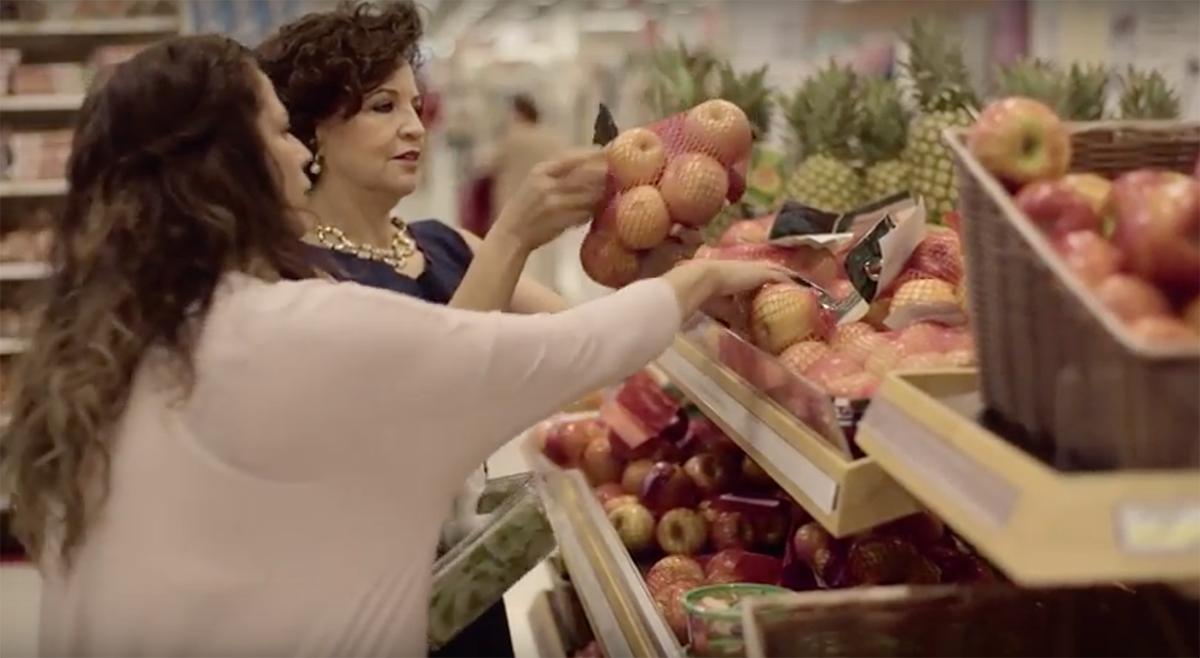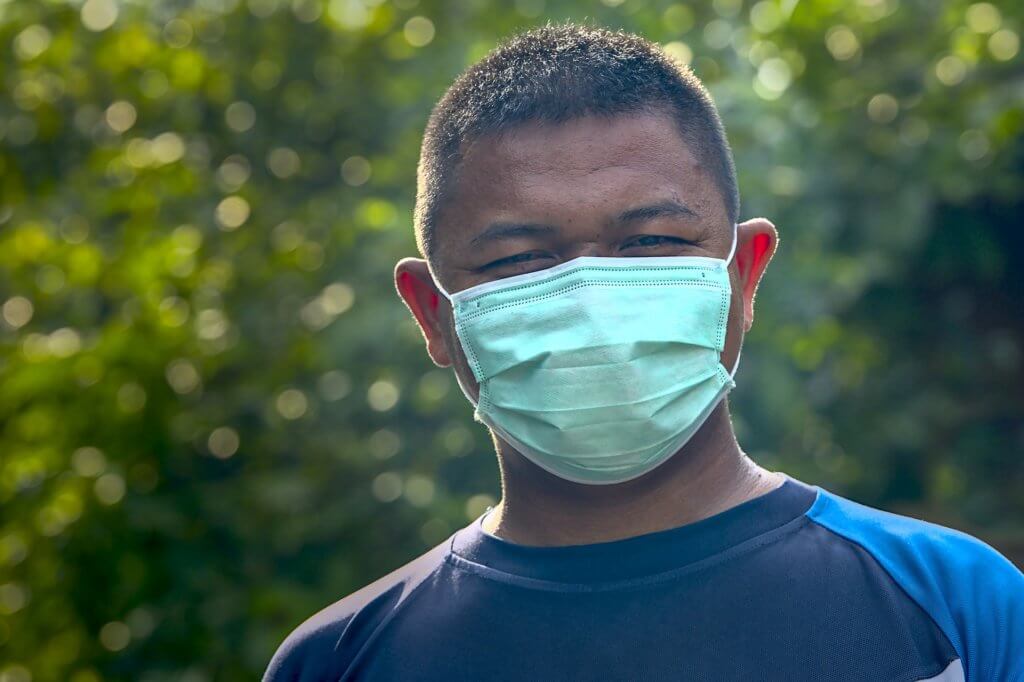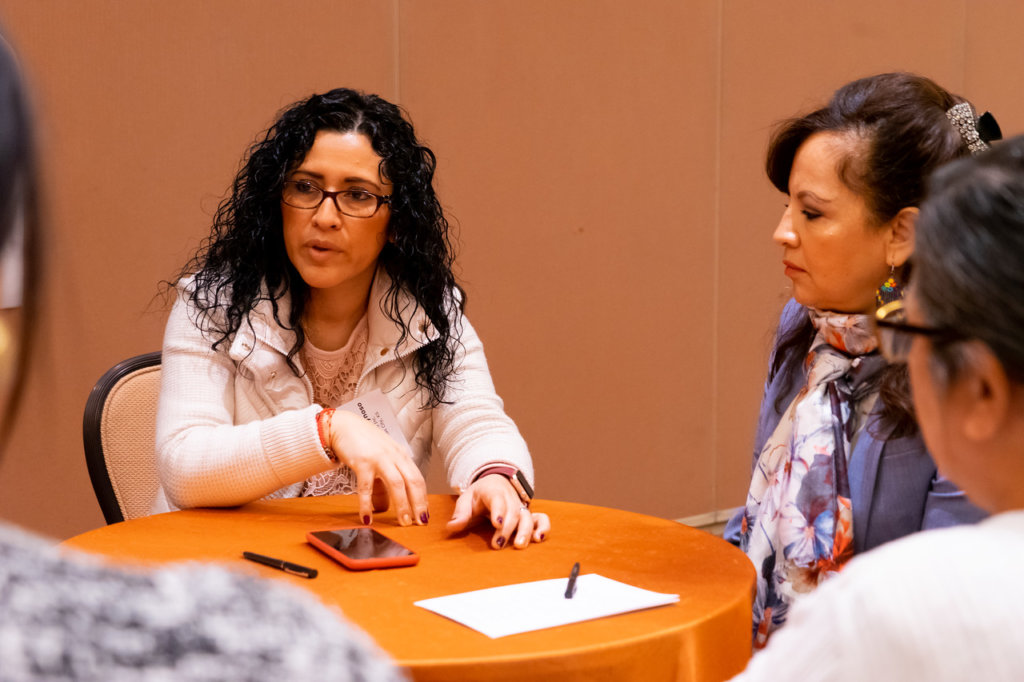Promotores de Salud: Agents of Change for A Healthier Lifestyle
By Elizabeth Carrillo, MPH, Project Coordinator, Institute for Hispanic Health, NCLR

November is National Diabetes Month, a time to bring attention to diabetes and how it affects nearly 30 million Americans. Latino adults are disproportionately affected by this disease, being nearly twice as likely as non-Latino White adults to be diagnosed. Many factors contribute to this disproportionate risk, including age, obesity, family history, and ethnicity.
Keep up with the latest from UnidosUS
Sign up for the weekly UnidosUS Action Network newsletter delivered every Thursday.
Diabetes is a serious chronic disease that can lead to additional complications. The good news is that it’s manageable, and those who have better access to health care and community resources tend to be more likely to receive treatment. Adopting a healthier lifestyle is a key step to reducing one’s risk for developing diabetes. One way to better understand risk factors and learn about preventing or managing diabetes is by participating in culturally sensitive classes. They’re often free and led by peer facilitators or promotores de salud (community health workers).

Promotores de salud are trusted members of the community who have the knowledge and understanding of the language, culture, and health behaviors common in Latino populations. With a desire to improve the well-being of their communities and through shared values, they offer a peer-to-peer, interactive learning approach to health education. They serve as a bridge between the Latino community and the health care system, and engage hard-to-reach Latino populations in a culturally and linguistically appropriate way. NCLR has witnessed first-hand—in its two decades of developing and implementing health promotion and disease prevention promotor de salud-led programs—the effectiveness of this model to increase knowledge and awareness of various health topics among Latinos, demonstrate lasting behavior changes that promote a healthy lifestyle, and provide enrollment and navigation assistance into health and human services.
One effective promotor-led program is Comprando Rico y Sano, which seeks to reduce hunger and instill healthy shopping and eating habits among Latinos through nutrition education and enrollment assistance into the Supplemental Nutrition Assistance Program (SNAP). Promotores are at the heart of delivering the curriculum’s messages and activities, and their dedication, passion, and talents allow them to connect with program participants in a way that truly resonates with them. Those who make the greatest impact among program participants have really embodied the program, improving their own health behaviors over the last few years. Because promotores are embedded within their communities, they understand the importance of being flexible and adapting to their community’s needs.
Promotores’ authenticity helps them be successful agents of change, and transcend traditional health education styles to improve the health of the Latino population, and reduce the risk of diseases like diabetes, one person and one community at a time. To learn more about our promotor de salud-led Comprando Rico y Sano program, check out our video.
This blog post is part of Comprando Rico y Sano, a program supported by the Walmart Foundation.


